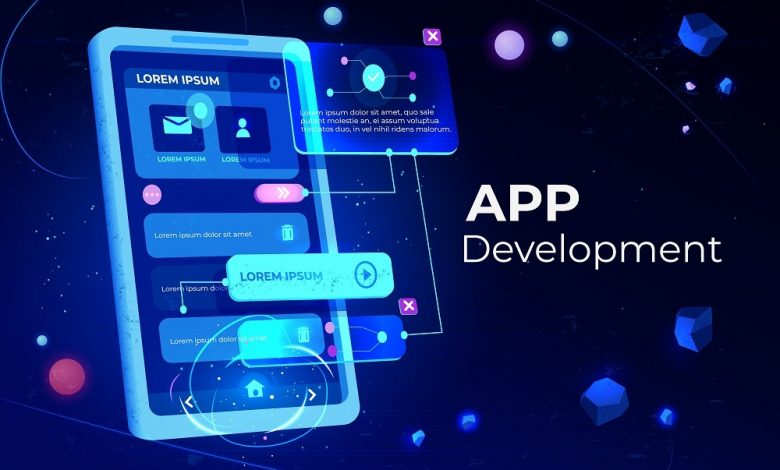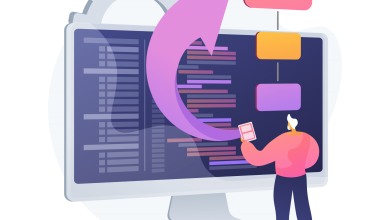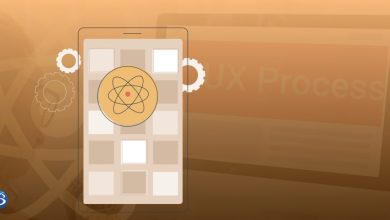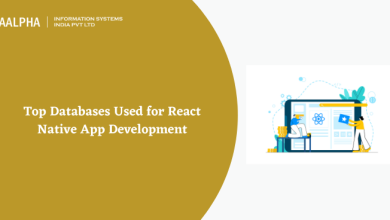Which Platform Is Better for App Development: Android or iOS?

Which Platform Is Better for App Development: Android or iOS?
One of the fastest-growing divisions of the software industry is mobile app development. The demand for quick and easy apps has only grown since the boom in the number of mobile apps a few years ago. In 2021, users are predicted to spend roughly 87 percent of their internet time on mobile apps.
Following the COVID-19 outbreak, firms were pushed to switch online quickly and thoroughly, which sparked a boom in interest in mobile application development. The video conferencing platform Microsoft Teams had a 1000 percent increase in users in March, with 2.7 billion minutes of sessions in a single day. Telehealth, education, and a slew of other industries have all shown a strong desire for mobile apps to help in their transition.
When it comes to native app development, there are two main platforms to choose from Android and iOS. These are the indisputable global market leaders. Both Android and iOS provide a wealth of development possibilities, therefore a thorough comparison of android vs. iOS app development is essential before making a decision.
The Benefits and Drawbacks of Android App Development
First, we’ll go through the advantages of developing an Android app. Following that, we’ll go over some of the biggest drawbacks of developing Android apps.
Android App Development’s Advantages
Flexibility. Android, in general, provides a far more open environment than iOS. These apps will run on practically any Android smartphone, and hardware compatibility is unlikely to be an issue. Android’s approach to development is also more versatile.
This platform also allows for a more fluid development experience because it is based on Java. Java is a strong programming language that can be used on Windows, Mac OS X, and Linux, allowing developers to create Android apps regardless of the operating system on their laptop.
Learning resources are available. For Android developers of all levels, Google offers a vast knowledge base, as well as exercises, interactive materials, and entire training programmes.
It is possible to publish an app. As of 2020, Google has been less tolerant of developers that want to launch apps on Google Play. The approval procedure, which used to be finished automatically in seven hours, might now take up to a week for new developers. Despite this novelty, the vast majority of Android apps that comply with Google’s content rules get approved. Developers must also pay a one-time registration fee of $25.
Taking the conversation beyond smartphones. Developing Android apps includes writing software for a variety of platforms. By extending your app’s capabilities, you may make it run on Daydream and Cardboard VR headsets, Wear OS devices, Android Auto, and a range of other platforms. While this flexibility may complicate design, it also allows you to integrate your software into your consumers’ vehicles, televisions, and smartwatches in addition to their phones.
The Disadvantages of Developing Android Apps
Quality Control. Although fragmentation has the advantage of allowing you to develop for multiple Android systems at once, it makes testing extremely tough. Even with the most basic apps, developers are frequently obliged to provide patches since the majority of users continue to use older versions of the operating system rather than updating to newer versions when newer versions become available.
Cost. It takes longer to create for Android than it does for iOS. Expenses are increasing both in terms of development and subsequent quality assurance.
The app’s users are spending less time with it. Android users are more likely than iOS users to favour free apps and spend less money on in-app purchases.
There could be issues about security. Android is more vulnerable to cyberattacks than the far more closed-off iOS platform because it is an open-source platform.
The Benefits and Drawbacks of iOS App Development
Now that we’ve covered the major advantages and disadvantages of Android app creation, let’s look at the advantages and disadvantages of iOS app development.
iOS App Development’s Advantages
Performance. iOS mobile app development is in high demand because these apps always perform well. This platform is fast, dependable, and easy to use, with few issues in the final version of any software.
Creating an Apple environment is a difficult task. This argument might fall into either category when it comes to the advantages and disadvantages of iOS app development. On the one hand, having only one piece—say, a smartphone—that runs such a closed OS is cumbersome for consumers since file transfers between devices may be onerous. Working with this family of operating systems, on the other hand, allows developers to create an entire ecosystem of devices rather than just certain phones.
UI/UX that is both beautiful and functional. Apple provides detailed instructions for creating a user interface for their apps. While this strategy may be constraining for some, it usually results in a great user experience.
The Disadvantages of Developing iOS Apps
Requirements for working in a controlled environment. Native iOS development necessitates the use of Mac-only software, such as XCode. As a result, building iOS phones will necessitate at least one new Apple technology.
The app has been released. When compared to Google Play, the Apple App Store is typically more complex to access. If your app isn’t relevant or helpful enough, it may be rejected even if it meets all of the requirements.
Customization. On iOS, the ability to change the app’s interface is limited. Some features that need interaction with third-party software may also be difficult to deploy.
Who Wins in Android vs. iOS App Development?
In the Android vs. iOS app development competition, iOS has now emerged victorious in terms of development time and budget. The two systems’ coding languages play a significant role. While Android uses Java, iOS uses Swift, Apple’s own programming language.
Are you ready to start working on your app? Visit Distinguished.io today to connect with the world’s best mobile application development company!




